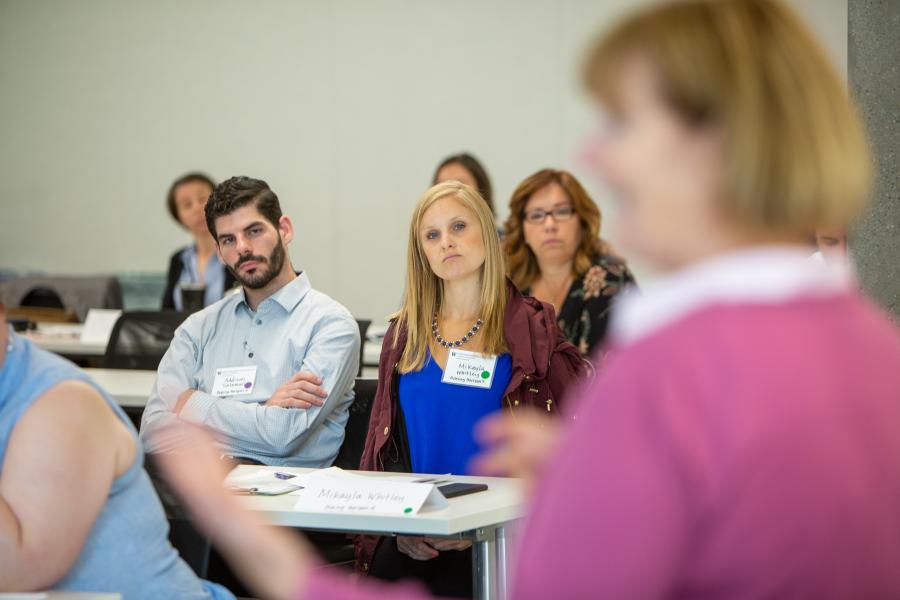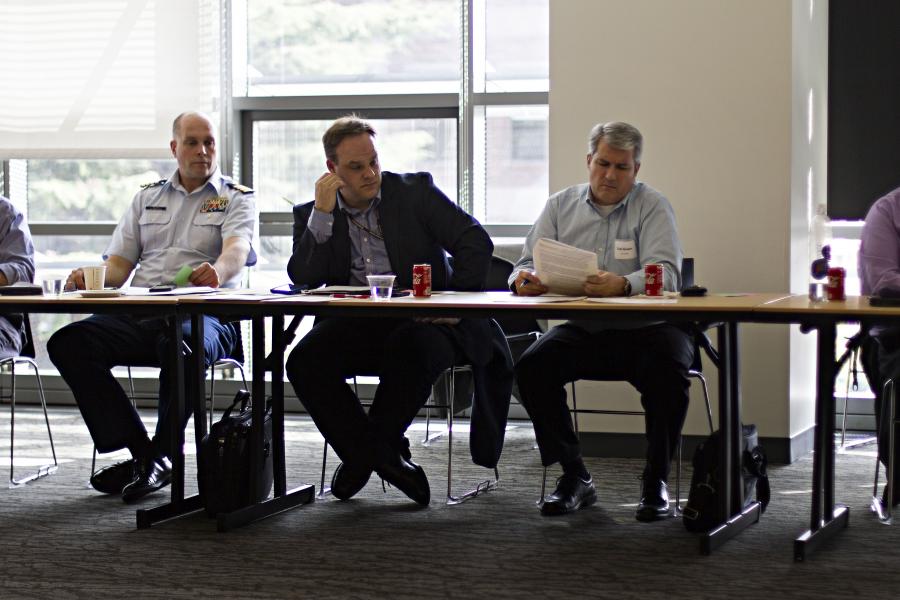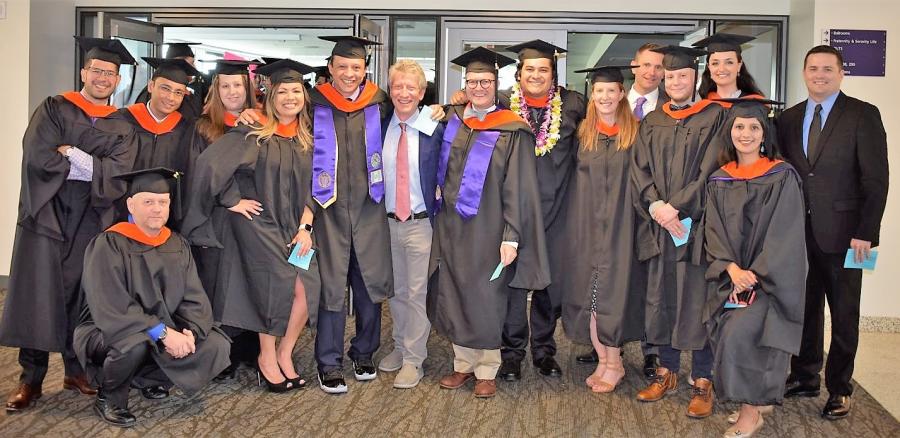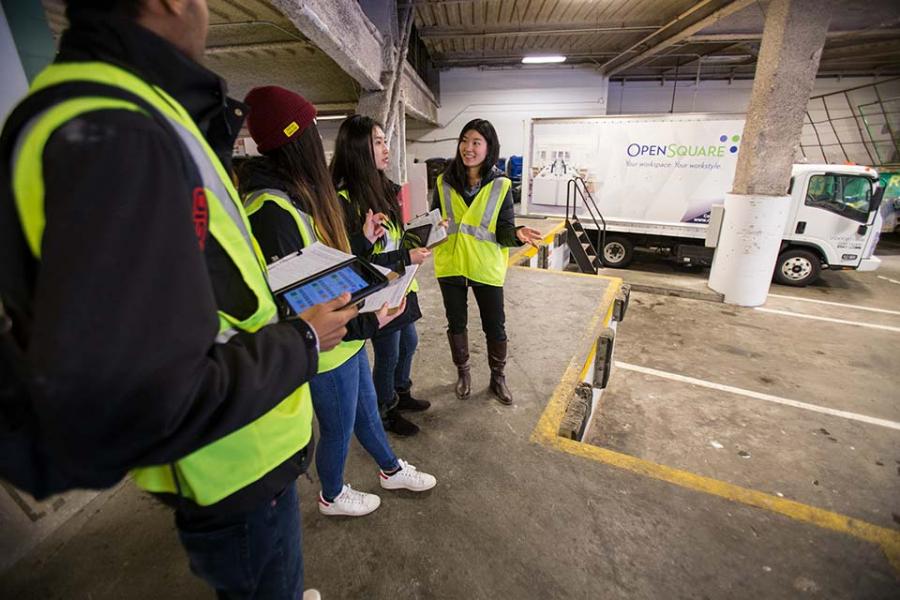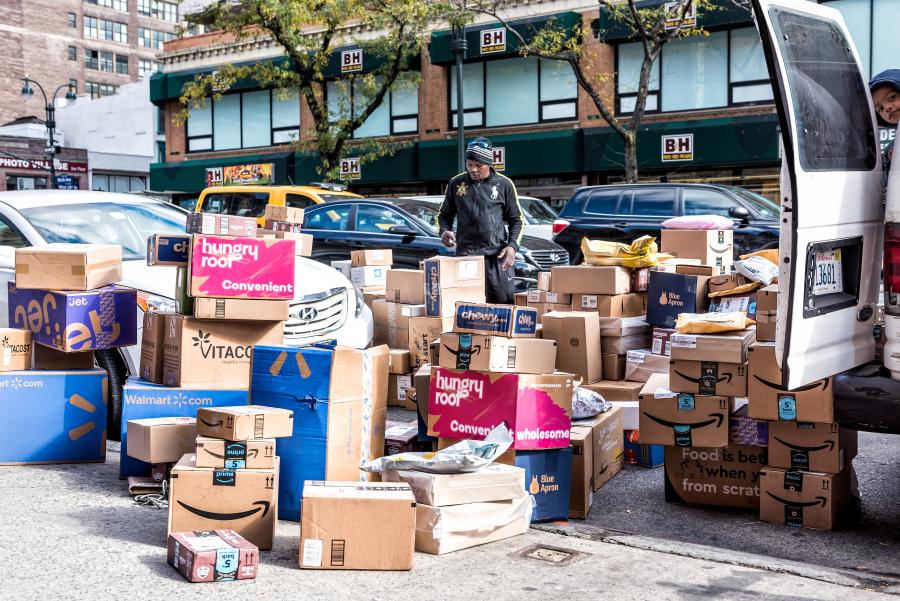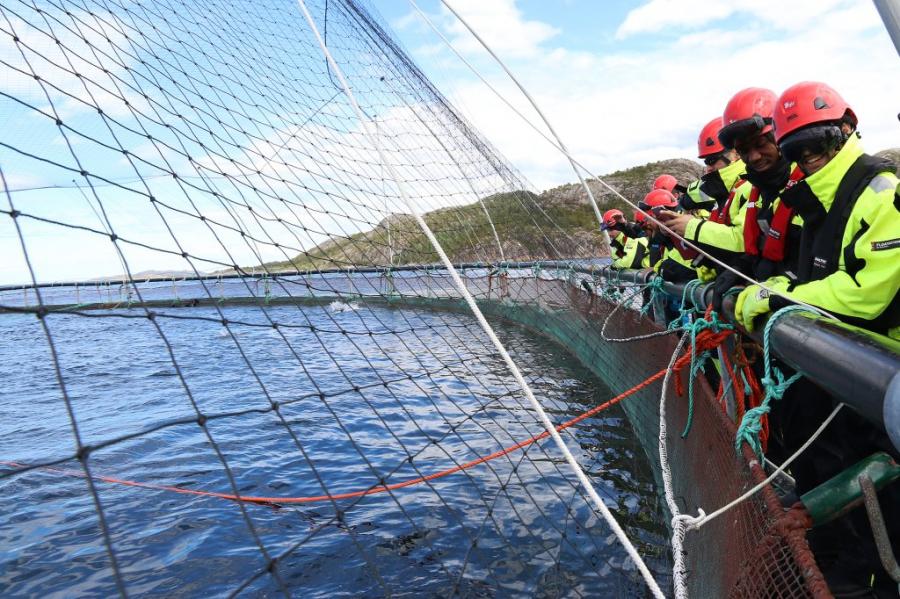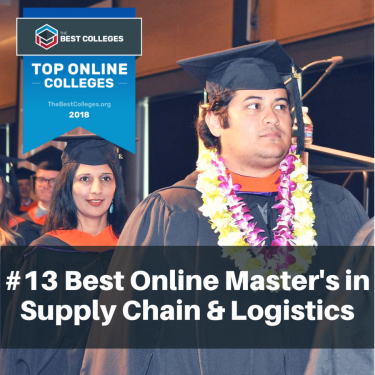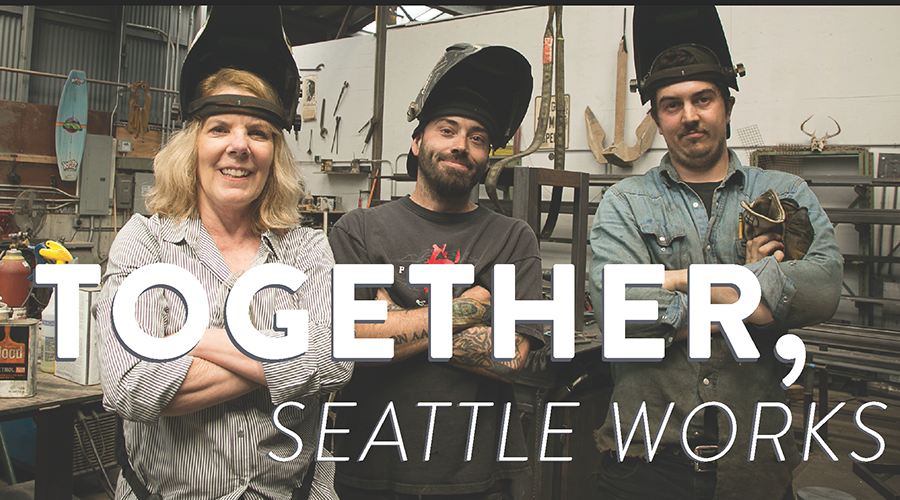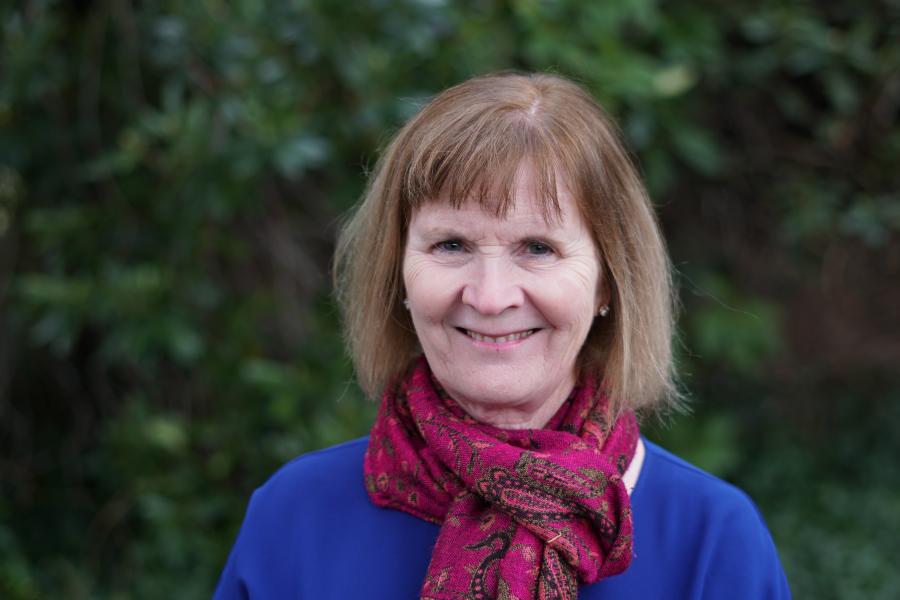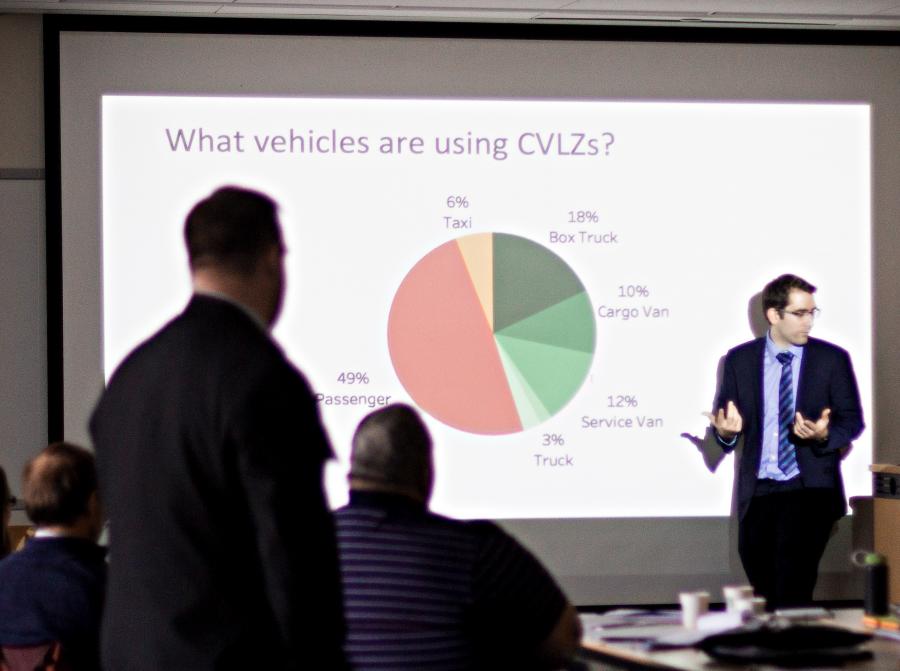News and Announcements
January 23, 2019 //
JANUARY 23, 2019 — The Urban Freight Lab (UFL) announces two new members: The Boeing Company's venture capital arm Boeing Horizon X and real estate investment trust Terreno Realty Corporation. Boeing Horizon X was established in 2017 to invest in technologies that are relevant to the aerospace giant’s industrial frontiers, ranging from 3-D printing and autonomous drones to satellite communications and hypersonic flight.
December 4, 2018 //
DECEMBER 4, 2018 — The Urban Freight Lab hosted its second annual Tech Day: Technological Disruption and Innovation in Last-Mile Delivery on December 3, 2018, bringing four innovators and entrepreneurs working on last-mile delivery solutions together with Urban Freight Lab members (retailers, freight carriers, University of Washington researchers, and the City of Seattle Department of Transportation), and a panel of venture capitalists and angel investors.
October 25, 2018 //
OCTOBER 25, 2018 — A partnership between UPS, the Seattle Department of Transportation (SDOT), and our Urban Freight Lab (UFL) has launched a one-year pilot project aimed at reducing congestion and improving delivery efficiency in downtown Seattle: delivery via cargo bikes. Our research team will help UPS and SDOT evaluate the study's outcomes to determine its success.
October 24, 2018 //
OCTOBER 24, 2018 — The UW Master of Supply Chain Transportation & Logistics has been named to Gartner, Inc.'s biennial Top 25 North American Supply Chain Graduate degree programs. As an online/on-campus hybrid program, this year marks the first time the program has been eligible for Gartner's rankings.
October 11, 2018 //
OCTOBER 11, 2018 — Ecommerce is booming, and data shows that the number of packages delivered in Seattle could double in the next five years if online shopping continues to grow at its current rate, increasing the number of delivery vehicles, and impacting congestion, parking, and air quality. Parcel lockers open to all freight carriers could alleviate the strain. A common carrier locker system would provide drivers with one location to deliver packages.
October 8, 2018 //
OCTOBER 8, 2018 — The Urban Freight Lab at the Supply Chain Transportation and Logistics (SCTL) Center, University of Washington, has received a $1.5 million award from the U.S. Department of Energy for a project on Technology Integration to Gain Commercial Efficiency for the Urban Goods Delivery System, Meet Future Demand for City Passenger and Delivery Load/Unload Spaces, and Reduce Energy Consumption.
August 9, 2018 //
AUGUST 9, 2018 — When it comes to freight transportation, much attention is paid to the last mile of a delivery. But what about the last 50 feet? Eno Center for Transportation invited Urban Freight Lab Director Barb Ivanov to deliver a guest webinar on "Challenges and Opportunities in Urban Freight," exploring the innovations that can reduce a carrier’s dwell time at each stop and potentially solve the challenge of the Final 50 Feet.
July 6, 2018 //
JULY 6, 2018 — The Supply Chain Transportation & Logistics Center co-sponsored the Seafood Industry Transportation Challenge with Valle Scholarship and Scandinavian Exchange program, Pacific Northwest Transportation Consortium (PacTrans) The Norwegian Public Roads Administration (NPRA), Norwegian University of Science and Technology (NTNU), and Arctic University of Norway (UiT), and Trøndelag, Troms, and Finnmark counties), bringing together 24 graduate students (14 from UW, 10 from NTNU) fr…
July 5, 2018 //
JULY 15, 2018 — The Master of Supply Chain Transportation & Logistics degree program ranks #13 best online master's degree in supply chain and logistics by The Best Colleges. Rankings were determined by reviewing predictors of future success and commitment to serving students online.
June 17, 2018 //
June 17, 2018 — The Urban Freight Lab is a cosponsor of the Port of Seattle's summit on industrial jobs in the greater Seattle, in partnership with Manufacturing Industries Council, Core Plus, MLK Labor, Machinists District 751, BNSF Railway, and NUCOR Steel. The summit will be held on June 27 and 28. Events include: Industry tours to the Boeing 737 plant, Nucor Steel, Vigor Shipyard and the “Industry Space” incubator facility that supports 10 new manufacturing firms.
June 11, 2018 //
June 11, 2018 — The University of Washington’s Urban Freight Lab at the Supply Chain Transportation and Logistics Center (SCTL) has been looking for solutions to urban congestion. Common carrier parcel lockers that aren't owned by a specific company, such as Amazon, could alleviate the strain. These lockers would provide truck drivers with one location to drop off their packages the first time.
June 8, 2018 //
June 6, 2018— The Master of Supply Chain Transportation & Logistics degree program was ranked #2 best online master's degree program in supply chain management by BestColleges.com. See the full list of the top 25 online Master's degrees in supply chain and logistics.
June 1, 2018 //
June 1, 2018 — The UW's Supply Chain Transportation and Logistics (SCTL) Center, Valle Scholarship and Scandinavian Exchange program, and the Pacific Northwest Transportation Consortium (PacTrans) have selected 14 UW finalists (out of 75 applicants) to participate in the fully-funded Seafood Industry Transportation Challenge in Norway in June, along with Professors Ed McCormack and Yinhai Wang and Assistant Professor Don MacKenzie.
May 25, 2018 //
May 25, 2018 — Urban Freight Lab Director Barb Ivanov will present Final 50 Feet research as part of a session on "The Explosion of E-Commerce and Urban Growth" at The Toy Association’s Summer Business conference, an exclusive educational and networking forum for senior-level finance and operations executives and credit and logistics managers of manufacturer members. Taking place June 11 to 12 in Seattle, Wash., this year’s event is hosted by Amazon.
May 25, 2018 //
May 25, 2018— The Urban Freight Lab presented at the 52nd annual Pacific Northwest Regional Economic Conference (PNREC) in Tacoma as part of a panel on E-Commerce Growth May Double Demand for Urban Delivery Spaces by 2020 - Are Cities Ready? Director Barb Ivanov spoke on "How the Growth of E-commerce, Population, and Ride-Hailing Services is Reshaping Cities" Research Assistant and Ph.D.
